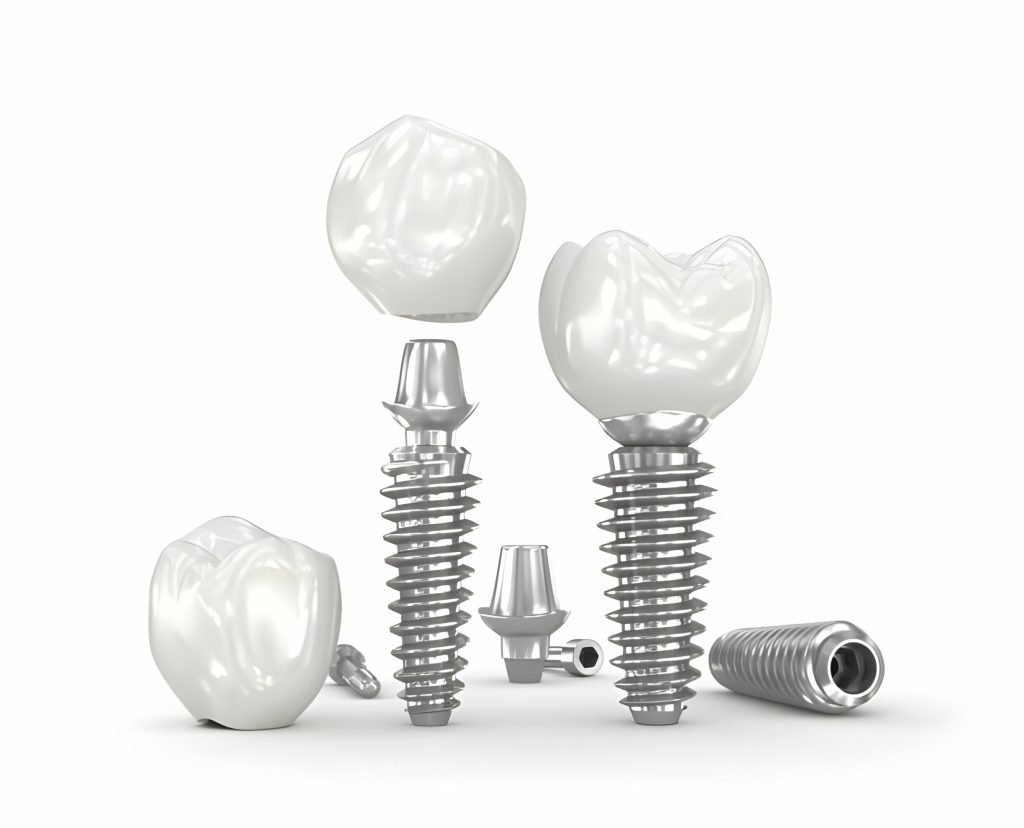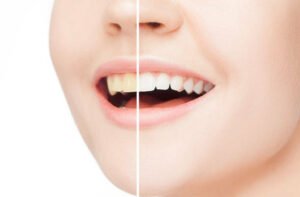When faced with the prospect of dental implant surgery, many individuals in the United Kingdom may wonder if they can undergo the procedure while being sedated or put to sleep. The idea of dental work can be anxiety-inducing for some, and it’s natural to seek options that ensure a comfortable and stress-free experience. In this article, we will explore whether you can be put to sleep for dental implants in the UK, shedding light on the available options and considerations for a painless and relaxed dental implant procedure.
Understanding Dental Implants
Before delving into the sedation options, let’s briefly understand what dental implants are and why they may be necessary. Dental implants are artificial tooth roots made of titanium that are surgically placed into the jawbone to support replacement teeth or dental prostheses. They provide a strong and durable foundation for crowns, bridges, or dentures, restoring both the functionality and aesthetics of a patient’s smile.
The Need for Sedation
Dental implant surgery is generally considered a safe and routine procedure. However, for some individuals, the thought of oral surgery can be anxiety-inducing. This anxiety can stem from various factors, including fear of pain, past negative experiences, or general dental phobia. To address these concerns and ensure that patients can undergo the procedure comfortably, sedation options are available.
Sedation Options for Dental Implants in the UK
In the United Kingdom, dental professionals understand the importance of patient comfort and offer several sedation options to make the dental implant procedure as stress-free as possible. Here are some of the common sedation methods used:
Local Anaesthesia: Local anaesthesia is a standard practice for dental implant surgery. It involves injecting an anaesthetic into the treatment area to numb the surrounding tissues. While local anaesthesia eliminates pain, it does not induce sleep or relaxation.
Conscious Sedation: Conscious sedation is a suitable option for patients who experience mild to moderate anxiety. It involves administering oral medication or intravenous (IV) sedation to induce a state of deep relaxation while allowing the patient to remain conscious and responsive. Patients often describe this as feeling drowsy but aware during the procedure. Conscious sedation is commonly used for dental implant surgery in the UK, as it helps patients stay calm and comfortable.
General Anaesthesia: General anaesthesia, where patients are completely unconscious during the procedure, is typically not the first choice for dental implant surgery. It is reserved for complex cases or patients with significant medical conditions that necessitate being fully asleep. General anaesthesia is administered by an anaesthetist in a hospital or specialised dental clinic.
Factors Influencing Sedation Choice
The choice of sedation method for dental implant surgery depends on several factors, including:
- Patient Anxiety: The level of anxiety or fear a patient experiences plays a significant role in determining the appropriate sedation option.
- Procedure Complexity: Complex dental implant surgeries may require a deeper level of sedation to ensure patient comfort.
- Medical History: A patient’s medical history and any underlying health conditions can impact the choice of sedation. General anaesthesia may be considered for patients with specific medical needs.
- Dentist’s Recommendation: Ultimately, the dentist or oral surgeon will assess the patient’s needs and make recommendations based on their expertise and the patient’s individual circumstances.
Benefits of Sedation for Dental Implants
Opting for sedation during dental implant surgery in the UK offers several benefits:
- Reduced Anxiety: Sedation helps alleviate anxiety and fear associated with dental procedures, promoting a more relaxed experience.
- Pain Management: Sedation ensures that patients do not feel pain during the surgery, enhancing comfort.
- Improved Cooperation: Patients are more likely to cooperate and remain still during the procedure when under sedation, facilitating the work of the dental team.
- Time Efficiency: Sedation can lead to a more efficient surgical process, as patients are more relaxed and less likely to experience discomfort.
- Enhanced Patient Experience: Overall, sedation improves the patient experience by minimising stress and discomfort, making dental implant surgery a more accessible option for those in need.
Also read: Are Dentures Better than Implants?
Conclusion
In the United Kingdom, dental implant surgery is accessible and often made more comfortable through various sedation options. Whether you require local anaesthesia, conscious sedation, or, in rare cases, general anaesthesia, your dentist will work with you to determine the most suitable method based on your specific needs and the complexity of the procedure.
The key takeaway is that dental implants can be performed with sedation in the UK, ensuring that you can undergo this beneficial treatment with peace of mind and minimal stress. Remember to discuss your concerns and preferences with your dental professional, who will guide you towards the most appropriate sedation option for your unique situation. With the right approach, you can achieve a beautiful, functional smile while staying comfortably relaxed throughout the process.
Ready to Experience Stress-Free Dental Implants?
Contact Bridge St Aesthetic and Dental Implant Clinic today to discuss your sedation options and embark on your journey towards a confident smile.
Frequently Asked Questions
Can I choose to be asleep for dental implant surgery in the UK?
Yes, you can opt for sedation methods like conscious sedation or general anaesthesia for a comfortable experience.
What are the benefits of conscious sedation?
Conscious sedation induces deep relaxation, alleviating anxiety and discomfort during dental implant surgery while allowing you to remain conscious and responsive.
Is general anaesthesia commonly used for dental implants?
General anaesthesia is typically reserved for complex cases or patients with specific medical needs due to its more invasive nature.
How does sedation improve the patient experience?
Sedation reduces anxiety, enhances pain management, improves patient cooperation, streamlines the procedure, and makes dental implant surgery more accessible and stress-free.
Can I discuss my sedation preferences with my dentist?
Absolutely, your dentist will assess your needs and preferences, guiding you towards the most suitable sedation option based on your unique circumstances.
Is Bridge St Aesthetic and Dental Implant Clinic experienced in providing stress-free dental implant solutions?
Yes, Bridge St Aesthetic and Dental Implant Clinic offers sedation options to ensure a comfortable and relaxed dental implant experience in the UK.







